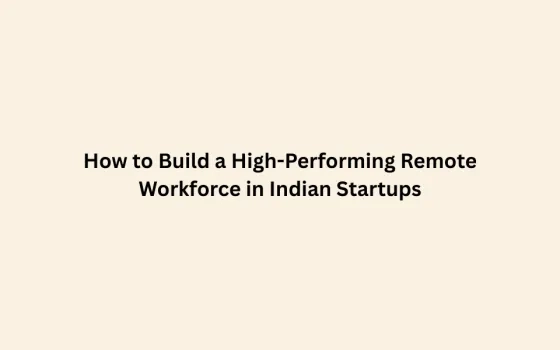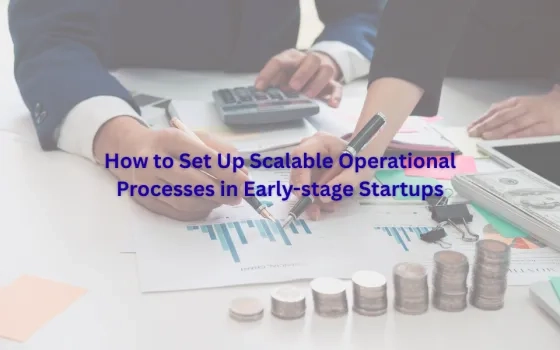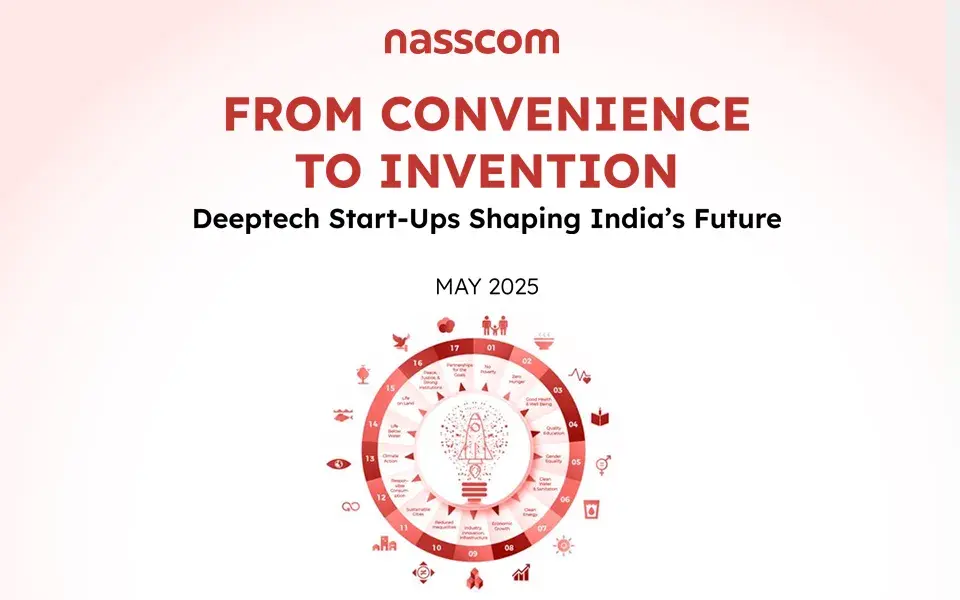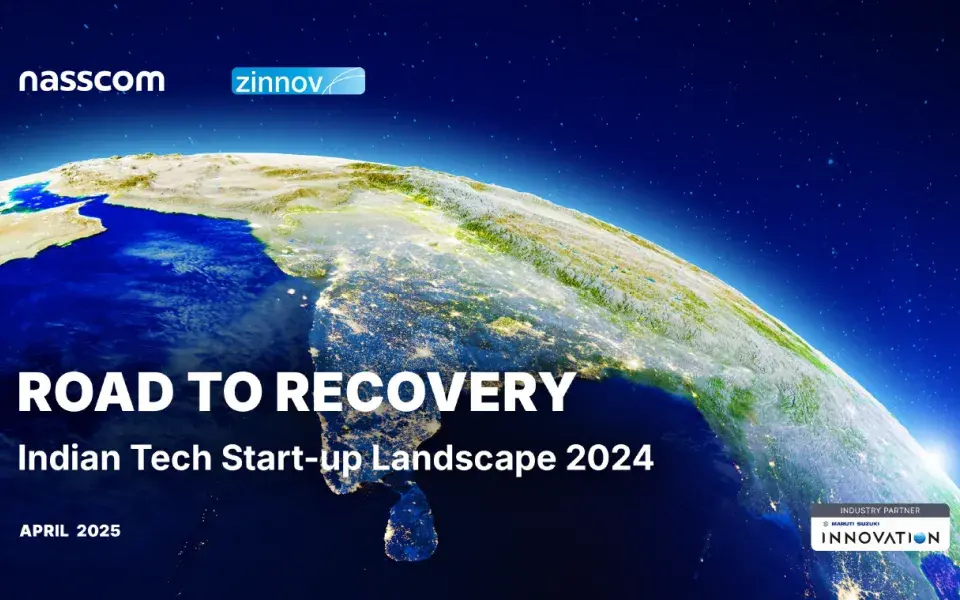"Seed money" refers to a company's initial funding round. To get off the ground, a startup must invest in machinery, office space, and employees and aim for expansion. This book provides a concise overview of the steps involved.
This essay will define pre-seed investment and discuss its relevance in the startup world. We'll analyse the distinction between pre-seed and seed funding for startups. Then we'll go into nuts and bolts.
What is pre-seed funding?
Investing in pre-seed finance means betting on a concept rather than a finished product or working prototype. In the fundraising process, pre-seed investment often comes before seed capital and other early phases. Investors support early-stage companies with funding in return for a stake in the company. This might be the final round of fundraising when the entrepreneur has exhausted all other options, such as using personal savings to "bootstrap" the company.
The difference between pre-seed and seed funding
Pre-seed investment is comparable to seed money, with a few notable exceptions:
- After the pre-seed financing stage, the first official round of funding is called "seed funding," It consists of more formal investments and provides more remarkable instrumental growth.
- Pre-seed finance typically generates between $50,000 and $250,000, whereas seed capital may bring in upwards of $2 million for founders.
- While pre-seeding often comes before product development, investors typically want to see some traction before committing to a firm during a seed capital round.
When should you seek pre-seed funding?
You need to know if your business is ready for investors before approaching them. Making a good impression on investors is essential because they meet monthly with thousands of startup founders. Some signs that your firm is prepared to apply for pre-seed investment include:
- You'll be able to discuss product-market fit (you may not have tested this, however)
- You're getting ready to recruit your first few employees.
- Even though you may not have a minimum viable product (MVP), you do have something to demonstrate (an early prototype)
- Some possible clients have already shown interest in working with you.
- A viable business plan is what you've created.
Investors that put money into pre-seed funded firms are taking a chance on the company's founding team without much in the way of sales data to back up the founders' claims about the business model's viability. Find investors and funds that focus on pre-seed investment for startups; these backers will be willing to take a chance on your business since they care more about your company's potential than its current sales and income levels.
There are primarily three groups of investors who provide seed money:
- Angel investors are wealthy individuals who invest between $25,000 and $100,000 in startups. Angel investors are typically the quickest source of pre-seed funding because they have the final say over all investments. If they participated in the angel round for your firm, they have a vested interest in its success.
- In addition to raising initial pre-seed capital (approximately $125,000, give or take) in exchange for equity, early-stage companies gain access to a vibrant entrepreneurial community full of helpful training, networking opportunities, free or discounted resources, and exposure to top-tier VCs for future funding rounds. Programs at an accelerator or incubator are similar to intensive refresher courses for new business owners. The founders have to apply, and then if they get in, they have to finish the 'course' by following the rules.
- Multiple limited partners invest in pre-seed and seed-stage venture capital firms. During pre-seed rounds, venture capital investors might provide higher investments but take longer to make a call.
As an alternative to reaching out to dozens of potential backers, find 20 investors with experience supporting businesses like yours and get in touch with them. Make sure to contact the VC firm partner with the most hands-on expertise in the industry your business is targeting. Instead of "spraying and praying" for donations, focus your fundraising efforts on a specific audience.
Learning to catch the eye of potential pre-seed investors is essential
Your prospects of getting pre-seed investment will rise dramatically if your firm is currently making money and building popularity. But even if you don't have a functional product or service yet, these four characteristics might help convince investors:
- The most straightforward approach to get in touch with a possible investor is through a personal introduction from someone they know and trust, preferably a successful business owner with whom they have already invested.
- At this early stage, investors are looking for signs that you are a go-getter, such as whether or not you have left a high-paying job and are willing to take risks to pursue your ambition.
- Having a competent co-founder —If you're an entrepreneur pitching to investors, you have a far lower probability of getting funded because team building is a founder's priority. This is incredibly challenging if you have business experience but want to establish a product without a technical co-founder. It is not simple to find a co-founder. Therefore you should begin your search as soon as feasible.
- An excellent history in your area, such as having worked as a product manager at a large software business or holding a computer science degree, might help convince investors to take you seriously, even if you still need to get a track record as a startup founder.
Investors want to see at least some financial details in every investment round. Have your balance sheet, cash flow statement, and profit and loss statement ready to show. Learn more about the meaning of these three key financial reports.
What you need to raise pre-seed funding
Think like an investor before you go out and try to raise pre-seed money. What sort of things could they want to see from a firm like yours before deciding to invest? The answer to this question is likely to vary widely depending on the sort of investor being considered. Your father is not expected to be as thorough as a venture capitalist. If you are still determining what kind of pre-seed investor you want to go after, it's essential to be ready for the most thorough approach (often VC firms). If you want to get funded by a pre-seed VC, here are the things they will want to see:
- Definition of the issue at hand
- Explain how your business or product addresses this issue.
- Product minimum viable product (MVP) descriptions and roadmaps
- What is the potential market size?
- You must research the market and determine what makes your product stand out.
- What you do and how you make money
- The following are five years' worth of revenue projections
- The next five years of customer acquisition forecasts
- Explain who you are and what you bring to the table as a team (what makes you qualified to do this).
- Essential points in the history of the corporation and its products
- How do you intend to raise money in the future
- Exactly how much initial seed capital you'll need, and how will it be spent
FAQs
Q1. When is the best time for me to apply for pre-seed funding?
When you have validated your product's place in your target market, developed a working prototype or minimum viable product (MVP) that demonstrates your product's essential features, and established a plan for generating revenue, you are ready to raise money for your startup through a pre-seeding funding round.
Q2. What are some options for securing pre-seed funding?
First, put up a pitch deck. The second stage is to build a list of possible backers. Not all investors will put money into pre-seed-stage companies. Step 3 involves presenting your findings to potential backers. Obtain a favourable bargain.
Q3. What is the average size of pre-seed investments?
The typical amount of money raised in a pre-seed round is between $50,000 and $250,000. Investors won't be interested in hearing pleas for such a pitiful sum since they see no use in wasting their time.



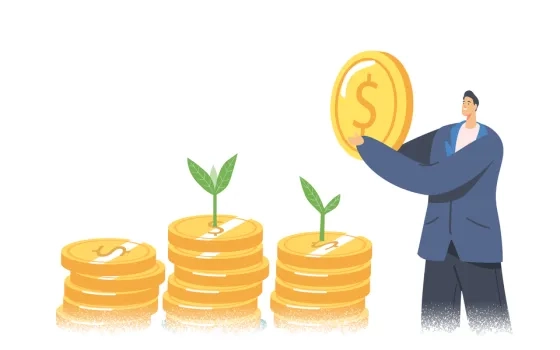



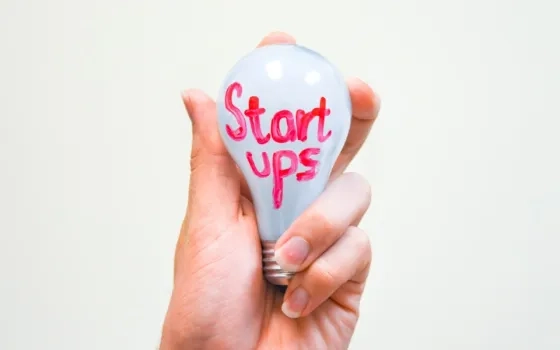

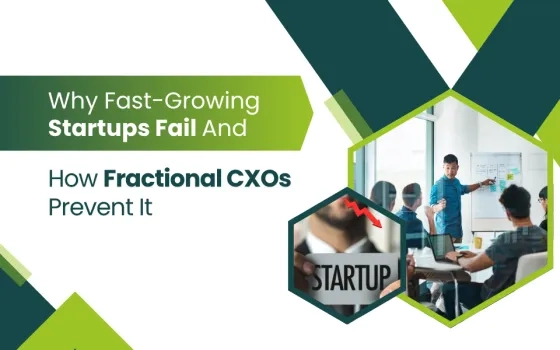

![[Part 2] The Geopolitical Chessboard: Navigating the US-China AI Rivalry and Strategic Imperatives for Indian Tech Startups](https://community.nasscom.in/sites/default/files/styles/560_x_350/public/media/images/ChatGPT%20Image%20Jul%203%2C%202025%2C%2005_43_59%20PM-edited.png.webp?itok=95KRqnmN)
